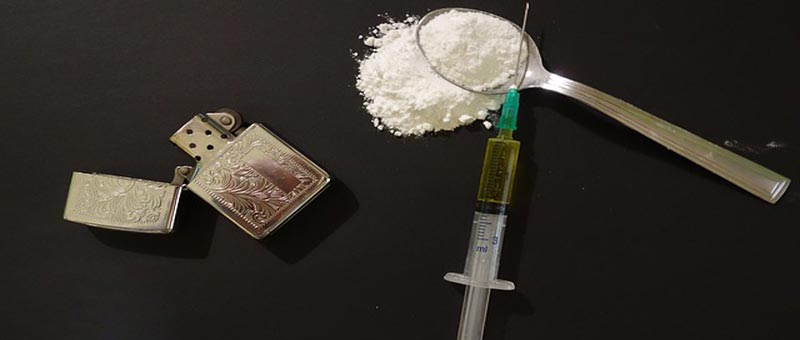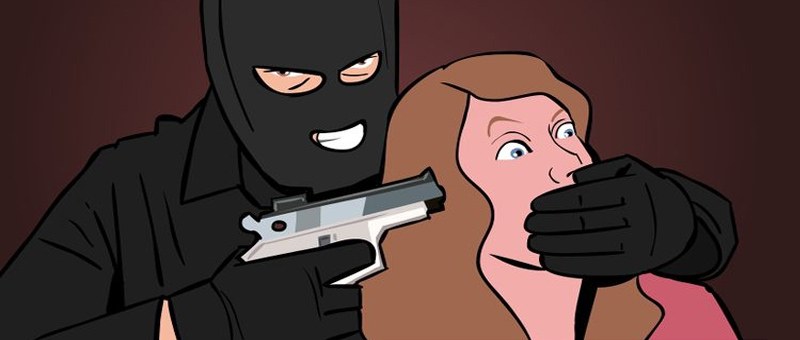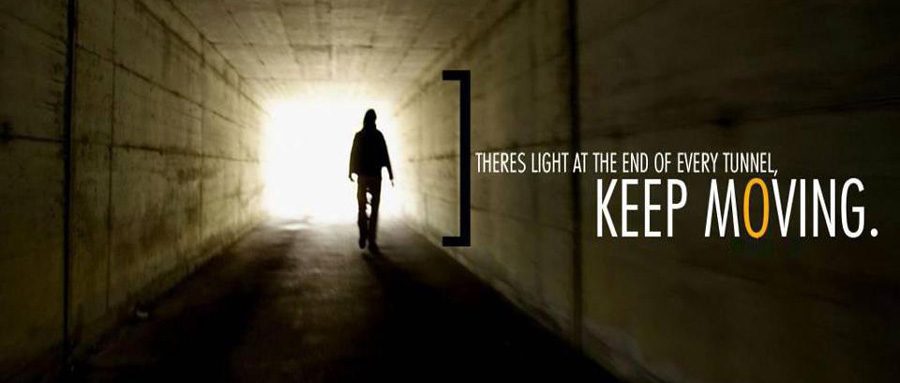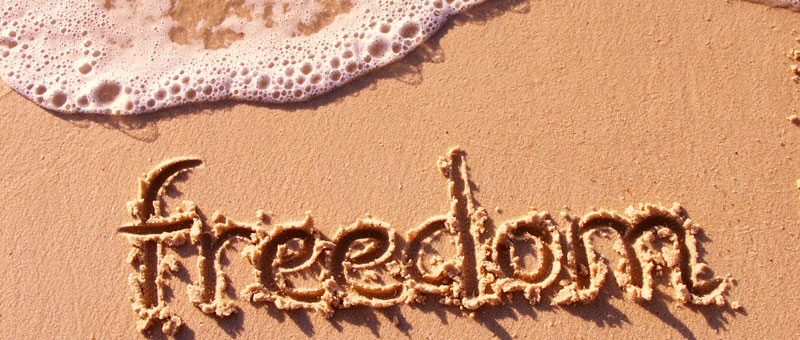A drug rehab facility is a safe and supportive environment with like-minded people and a professional support network. Once you go through the withdrawal process and come out the other side, it can feel like you’re ready to tackle the world.
However, once you’re back in that world, you often realise there are triggers everywhere. Your old friends, old haunts, and past social situations can all lure you back into a drug addiction without you even realising it. However, you put so much effort into getting clean by going to drug rehab, so it’s essential to keep going. Here are some helpful tips for how to stay on the wagon once you leave the safe surroundings of a drug rehabilitation centre.
Create a Support System
It can be tempting to join the same social circle once you leave rehab, but the temptation to have a drink or get your drug of choice can be too much to handle. Once you’re out of rehab, it’s crucial to find a new support network of sober, supportive people who will help you on your road to recovery. Your drug rehab facility can also point you in the direction of support groups to assist you along the way.


















